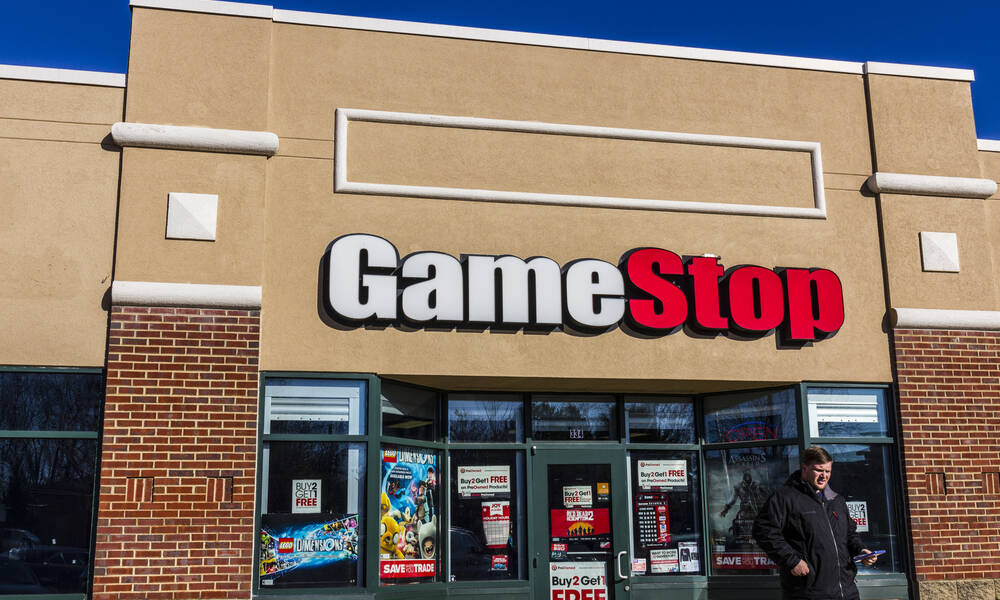
Leaning Into Culture Amid Disruption: Lessons From GameStop’s Digital-Era Shift
GameStop faces tough headwinds because video games are increasingly being sold in digital form, but it’s fighting against disruption by adapting its business to focus on gaming culture, not just boxes.
What happens when you run a retail chain devoted to a certain physical product, and that product suddenly goes digital?
It’s a problem that has stymied companies as diverse as Tower Records, Blockbuster, and Borders, and it appears to be a rising problem for GameStop, a company that specializes in selling new and used video games for modern consoles, such as PlayStation 4, Xbox One, and Nintendo Switch.
All three of these consoles rely on digital downloads to varying degrees, and some of the biggest hits of recent years, including Cuphead and Fortnite, were driven almost entirely by digital downloads. Plus, with new subscription services such as Google’s Stadia on the horizon, the move from physical goods could become even more of a pain point in the coming years.
But GameStop thinks it has a solution to the rise of subscription services and digital downloads in the game industry: Rather than simply focusing on the games, it’s focusing on the culture gaming creates.
A Cultural Focus
In comments to Games Industry, GameStop Vice President of Merchandising Eric Bright noted that the company had built a strong base of members to its rewards program, PowerUp Rewards, and that when digital downloads became a thing, it successfully adapted to that model.
“Our partners know that partnering with GameStop on all the new ways of monetization are in their best interest, so we’re engaging in conversations with everyone as new formats come out,” he told the website. “Much like we were able to sell digital and are able to sell digital codes in every single GameStop store and online today, as new subscription models come out and evolve, GameStop will evolve right along with it.”
But perhaps the most interesting of all is that the company has figured out ways to leverage big games into events. Whether for a highly anticipated new game like Cyberpunk 2077 or a popular series like Pokémon, the company has put a focus on collectibles and add-ons.
“Part of the future for us overall is the value in GameStop being the only gaming specialist store in the world in which it’s really a community hub for gamers,” Bright added.
Leaning Into Gaming
This “community hub” point was underlined by Frank Hamlin, GameStop’s executive vice president and chief consumer officer, who told Fortune last month amid the Electronic Entertainment Expo (E3) that the company was focusing less on diversification, as it had under previous leadership, and instead was putting more emphasis on gaming as a mindset than ever.
“We need to … focus on becoming a cultural center for gaming,” Hamlin said. “If [E3] is the Vatican [of gaming], why aren’t we the local church?”
The company has faced some hard knocks in recent months from the headwinds of the industry, but Hamlin says that support for its model remains among developers, who understand its value as a brick-and-mortar platform.
Not that it’s going to be easy, of course, but GameStop is willing to give it a shot.
“We’re in this interesting friction of change for everyone,” Hamlin added in his comments to Fortune. “Nobody knows how it’s going to end up, but we know that streaming services and subscription services are the future. The question is: How do you reconfigure and rethink the ecosystem to accommodate that in the best way for players? Our whole role is to be player-focused.”
(jetcityimage/iStock Editorial/Getty Images Plus)






Comments